The Theology of the Pastoral Letters
The Pastoral Letters have often been marginalised in modern New Testament studies. Regarded as not authentically Pauline, not very theological, and mostly evidence of the church settling down in the world, their patriarchal orientation has more recently futher alienated readers. Yet it was these little letters which mediated Paul to the Patristic church, and then provided scriptural material for debate about church order and ministry from the Reformation to the present. This study attempts to re-read the Pastorals in their original setting, revising many of the standard scholarly assessments in the light of recent work (especially developments in sociological study of the New Testament), and exploring the development of a tradition which proves to be theological in its fundamental structure and in its mode of addressing practical and organisational issues. The letters are then related to the very different context of the modern world.
{{comment.content}}
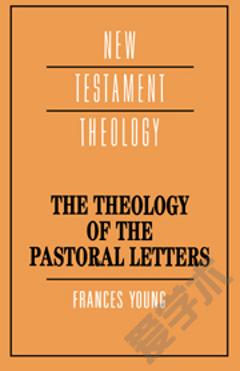

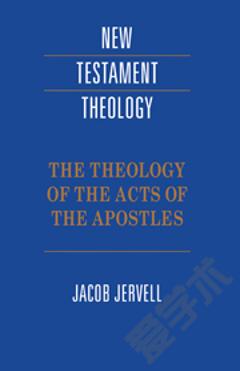

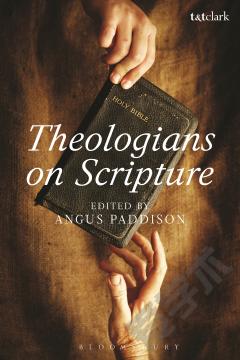
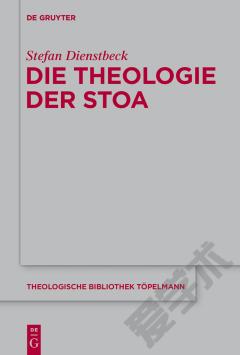
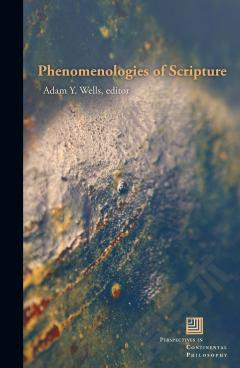

 京公网安备 11010802027623号
京公网安备 11010802027623号